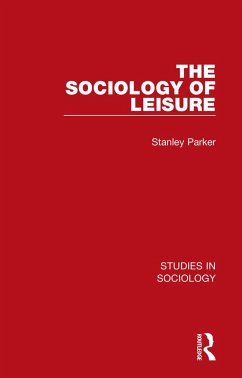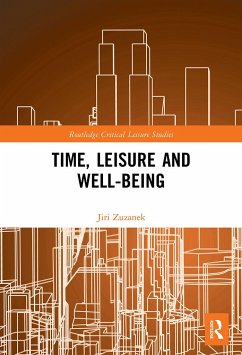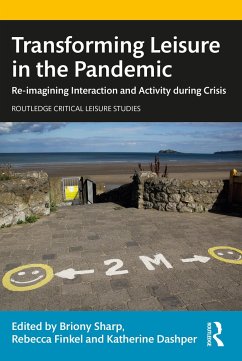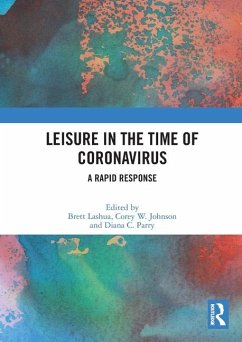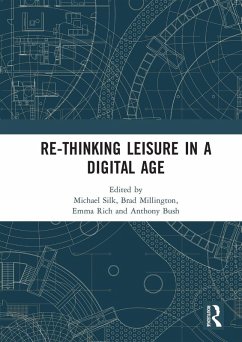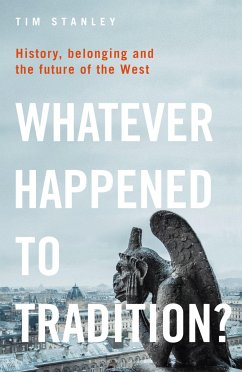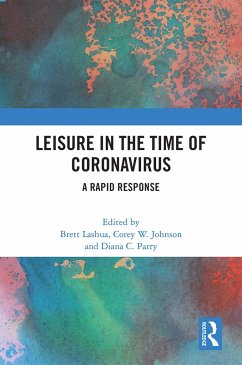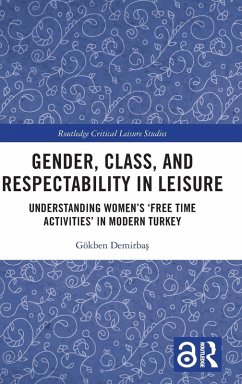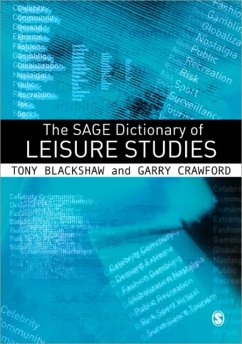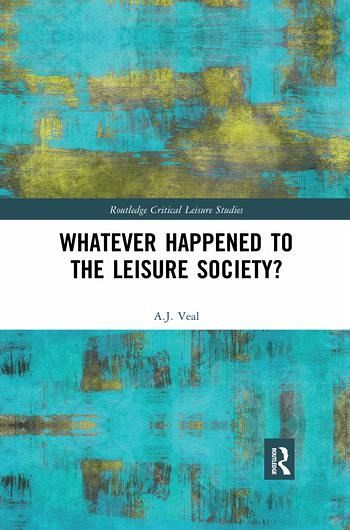
Whatever Happened to the Leisure Society?
Versandkostenfrei!
Versandfertig in 1-2 Wochen
56,99 €
inkl. MwSt.

PAYBACK Punkte
28 °P sammeln!
This critical and empirically-rich book documents and analyses the rise and fall of the leisure society idea, examines its role in the study of leisure, and assesses its relevance to the challenges facing global society in the 21st Century.





